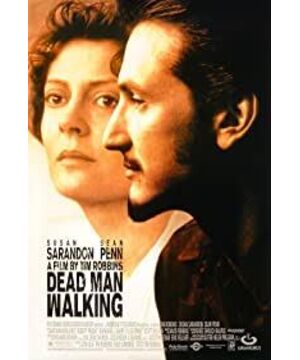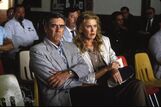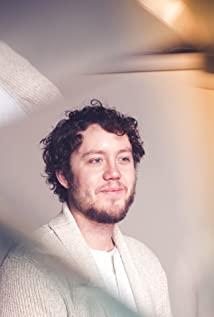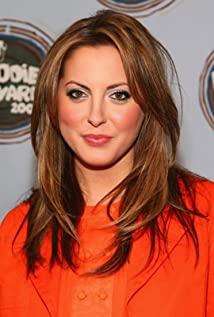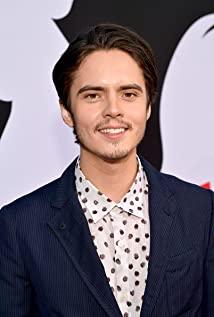The concept of "death penalty" has a long history. From barbarism to civilization, the death penalty has always existed in human society. Up to now, as a controversial topic, whether or not to retain the death penalty is still an unresolved moral issue. "Death Penalty Walk" focuses on the issue of the death penalty.
The context of the story is not complicated.
Matthew Ponceau in the film is a murderer who, with his accomplices, brutally murdered a young couple. It was an unforgivable murder, with severe consequences anyway, and the consequence for him was the death penalty. In the face of the death penalty, he panicked and feared. First, he tried desperately to cover up his evasion and asked Sister Helen for help, hoping to escape the death penalty. After several ups and downs, in the end, facing the irreversibility of the ending, he finally admitted the crime - the
death penalty, the end of the play.
The basic point of contention is simple. People should be responsible for their own actions, both serious and serious, especially killing people. At the same time, depriving a person of life by means of death penalty makes people - at least some people feel panic from their hearts. The title "Have human beings have the right to take away the lives of others" refers to these two aspects. The former, to take the lives of others by means of murder, absolutely not, and the latter, to take the lives of the murderers by means of the death penalty, is it okay?
Let's take a stand.
For the victims and their families, the consequences of Matthew Ponce's killing were two young lives and two happy families. The survivors of the two families, with white hair and black hair, used the push for the execution and early execution as an outlet for their anger and hatred.
As for the first party, Matthew Ponce, because of the fear and panic of the death penalty, he gradually felt remorse for the crime he had committed. He knew that he could not escape punishment, but he did not want to face the final Punishment is the death penalty. Even cold-blooded killers are afraid of death. This is not difficult to understand.
Therefore, the foothold is still in the third party, the third party outside the bloody hatred, that is, Sister Helen in the story.
I can't help but think of another movie with the same "death penalty" theme - The Life of David Gore, starring Kevin Spacey and Kate Winslet. The message of the film is clear, conveying a strong questioning of the death penalty system, and the core characters are also a group of anti-death penalty fighters and martyrs.
"Death Row" is different. Sister Helen's intervention is not so much an anti-death penalty fighter, but closer to us ordinary people. That's right, she's wandering around and messing around just to save Matthew Poncey from the death penalty. But these actions of hers are more for religious reasons, out of the great love she has been adhering to. Religious love is willing to forgive sin-ridden people. She has great love, so she is against the death penalty instead of targeting the death penalty system from the beginning.
In the process of running for Matthew Ponce, Sister Helen also slowly fell into confusion, her inner moral balance swayed, and the baseline began to entangle and fight. Although she finally persuaded herself and Matthew Poncey with her religious love, the result of this religious evolution is actually meaningful without the intervening state of entanglement. Great love is not something that everyone can have, but the moral balance in the heart is swaying and tilting, but it is a psychological state that ordinary people like you and me can also have. This is an important step for the film to expand its meaning and become universal or even universal.
So, what I have to say is finished. It seems to have said a lot, but in fact, in addition to stating the point of view, there is nothing else.
From a personal point of view, I am an ordinary person, a member of all living beings, and it is impossible for me to enter and exit this morally sensitive area smoothly, let alone come up with a constructive opinion.
What I know, and only know, is that moral concepts and moral standards will change with the changes of the times. Even the religious love in the film was not like this in the original religious morality, which was bloody, cruel and inhumane. But by now, the prevailing religion is showing great love, isn't it?
Therefore, we have reason to believe that human civilization is still in the process of enlightenment. With the enlightenment of civilization, moral concepts will become better and better. This is optimistic, but optimism is not a bad thing.
As for now, does human beings have the right to deprive others of their lives (the death penalty)?
I don't know, I really don't know.
The official account "Departure Manufacturing":
View more about Dead Man Walking reviews


